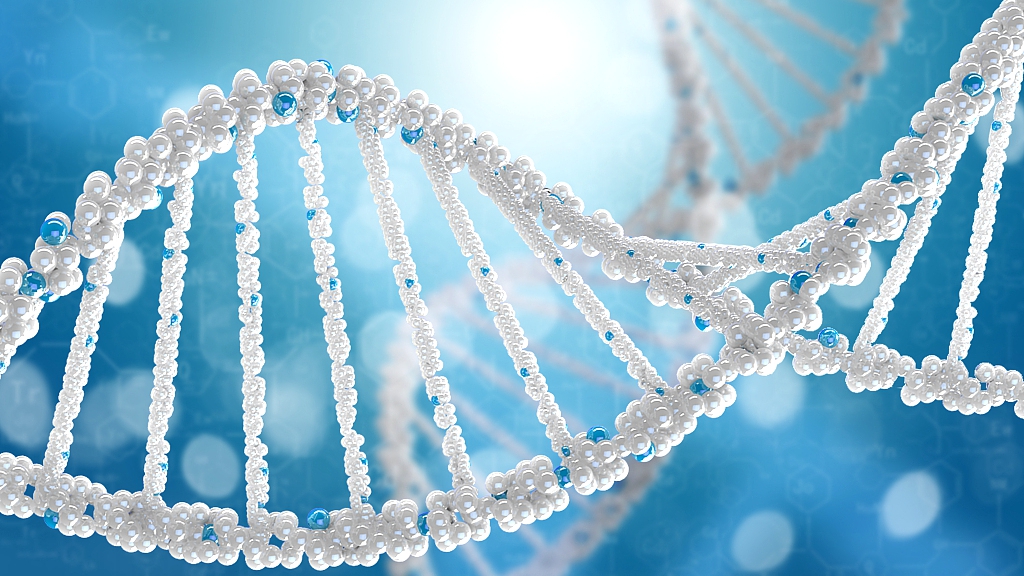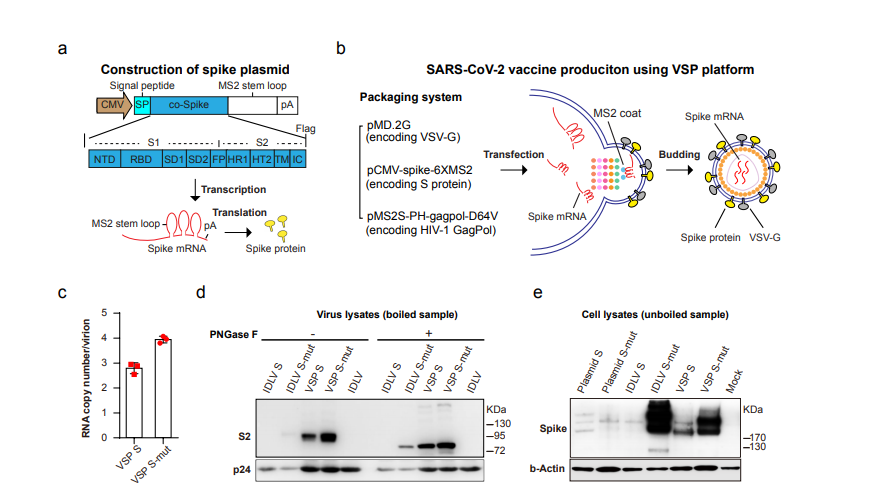
Scientists around the world are working on a vaccine for the new coronavirus, and while we're still some time away from finding a successful antidote, a Chinese team says it might be onto something.
Chinese researchers have said they developed a vaccine candidate that can trigger a "strong" immune response against COVID-19 and "potent" neutralizing antibodies. Their discovery, they say, can potentially be applied to future vaccines against pathogens outside the coronavirus family.
Scientists tinker with a virus in many ways in their search for a potion that prevents a given antigen from infecting cells. They could use a live but attenuated virus that is strong enough to stimulate an immune reaction but weak enough to cause illness. They could also kill the microorganism while maintaining its integrity so it can be recognized by the immune system. Or, they could administer fragments of the pathogen to trigger an immune response, among other methods.
When it comes to COVID-19, things are still up in the air as to which route to take.
"It is still unknown which vaccine platform will actually work for SARS-CoV-2, making the development of new vaccine platforms of great importance," the researchers wrote in their paper "A SARS-CoV-2 vaccine induces neutralizing antibody" published on preprint website bioRxiv. So they decided to combine two vaccine development approaches and see what comes out of it.
They simulated the SARS-CoV-2, the virus behind the COVID-19, by designing virus-like particles studded with spikes – structures that play a significant role in the coronavirus's ability in infecting cells – on their surfaces and embedding them with antigen-encoding genetic materials.
"In compensation to the traditional vaccine platforms, our study provided a new vaccine platform by simulating coronavirus surface protein and internal nucleic acids, therefore, combining features of inactivated vaccines and mRNA vaccines," the researchers noted.
The vaccine, dubbed ShaCoVacc, was injected into male mice, aged 6-8 weeks old.

A screenshot of the paper at bioRxiv shows the construction and characterization of a SARS-Cov-2 simulating particle vaccine.
A screenshot of the paper at bioRxiv shows the construction and characterization of a SARS-Cov-2 simulating particle vaccine.
"Interestingly, a single injection of ShaCoVacc in our study induced an immediate and potent immune response against SARS-CoV-2 in contrast to an inactivated vaccine which required at least two or three doses of injections," they found.
The scientists however acknowledged they could not inject the vaccinated animals with a live pathogen – and so we don't know for a fact how effectively the vaccine can protect individuals and limit their risk of falling ill when faced with the virus later on.
Still, by detailing how antibodies attach themselves to different parts of the toxin molecule – or epitopes – researchers believe their study could be a blueprint that informs future research by offering a new system that can be adapted to develop other vaccines tackling emerging infectious diseases.